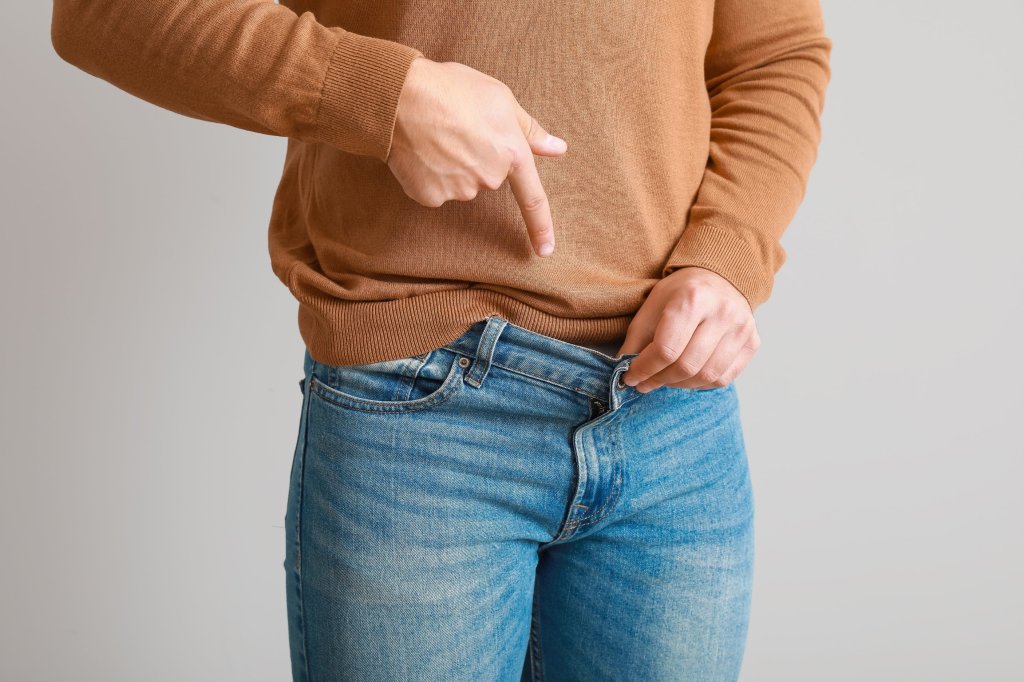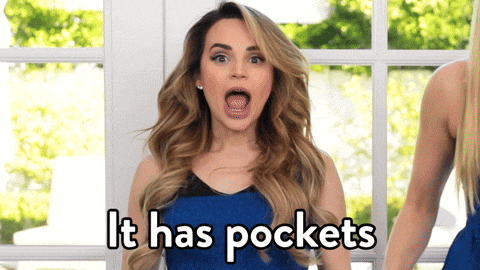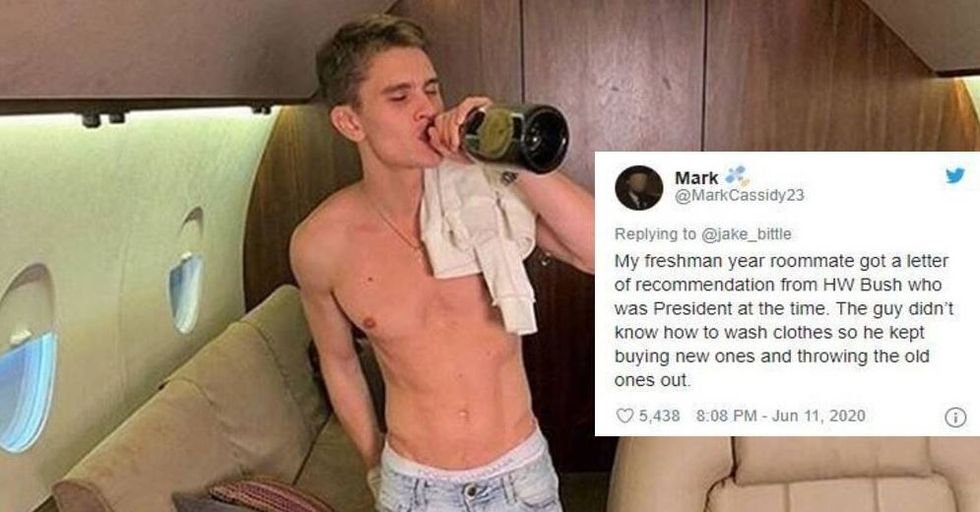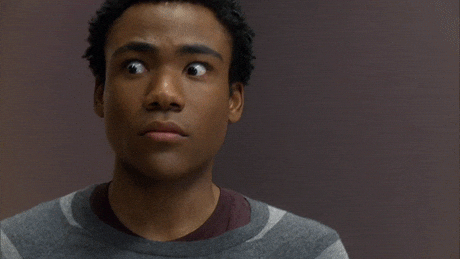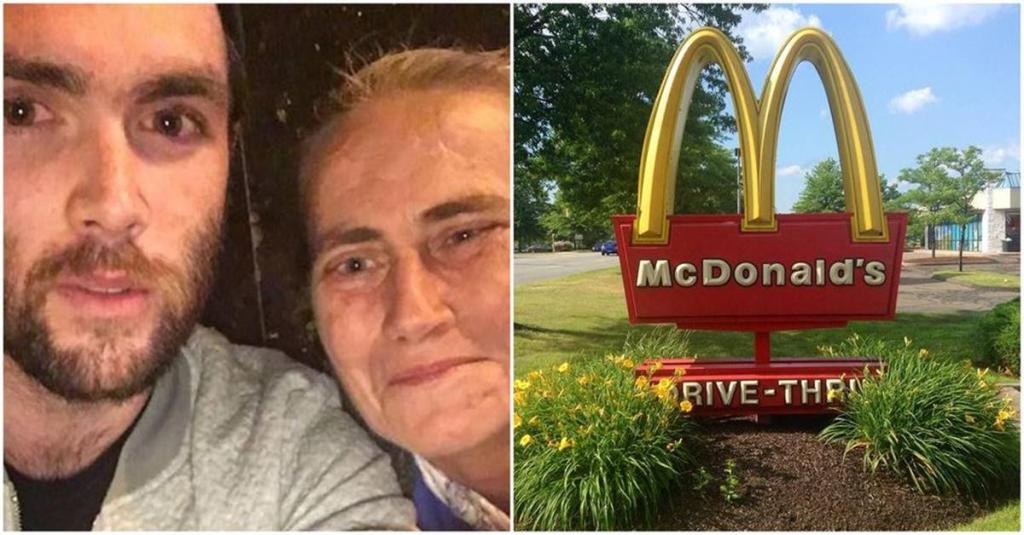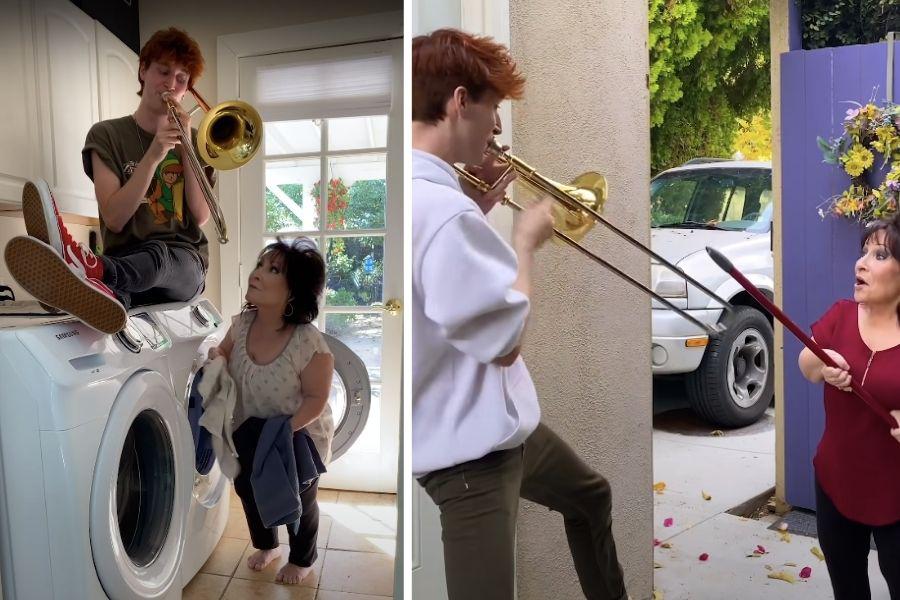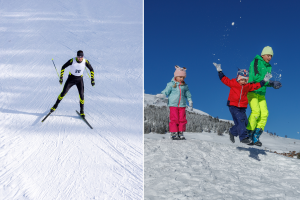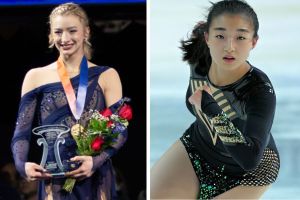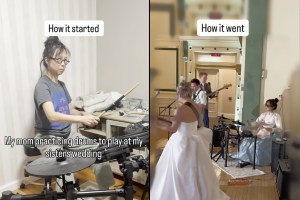Sam Kendricks is an excellent pole vaulter, as evidenced by his multiple national and World Championship wins and his two Olympic medals in the track & field event, and he credits the women in his sport for his rise to the top.
A reporter asked Kendricks, who took home the silver medal at the 2024 Paris Olympic Games, who he wanted to jump like when he was younger, and his answer was refreshing.
Kendricks turns the tables on doing something ‘like a girl’
“I wanted to jump like a girl,” he said. “It’s funny, I was a great loser. I was not the gifted athlete. And at every level in the beginning I was jumping with the girls. And not because they weren’t good, but because I can learn a lot from them and they beat me every time. And I learned how to jump like Stacy Dragila, the first Olympic champion in the women’s pole vault…I jump like a girl.”
Kendricks said that women saved the sport of pole vault because it was too dangerous in the past. He said 17 or 18 young men have died pole vaulting, but no women have.
“Women prove that people can be smart and still pole vault. So it made coaches and athletes get smarter. And girls know how to pole vault because it’s different speed, you can’t hide flaws. Some of the greatest girls are the best technicians, right? You can’t argue that.”
Watch:
Women have only been pole vaulting in the Olympics since 2000
People may be surprised to learn how young women’s pole vault is as a competitive sport. There wasn’t a World Championships for the event until 1999 and women’s pole vault was only added to the Olympics in the Sydney games in 2000. (For comparison, men have been pole vaulting in the Olympics since 1896.)
Kendricks casually but confidently giving kudos to women in pole vault is important on multiple levels. For one, seeing a man name a woman as his role model in a sport is unusual. The pioneers of women’s sport only had men to look to for training examples and heroes, so seeing the reverse is a heartening sign of a more level playing field. But Kendrick goes a step further in saying that women have made pole vault better. Gender parity isn’t just about balancing inequalities—it can actually be beneficial for everyone in the sport.
People in the comments appreciated Kendricks’ answer.
“What a great guy, its so refreshing to hear him say all this.”
“It’s almost as if learning from those that have been disadvantaged and found ways to overcome their hurdles, rather than those that depend on luck’s gifts, is the best way to become your best self. Who’d have thunk it.”
“Open-minded observation leading to smart tactics. That’s what we are talking about.”
“AND, look how nothing was taken away from him? He complimented, valued, learned and respected a woman/women, and he is just the same person/man, if not better! Who knew? What a great leader for today’s men.“
“So wonderful to listen to a man so comfortable in his masculinity and prowess that he can actually compliment and acknowledge women’s accomplishments without having to lash out and try to destroy. Thank you for your maturity.”
Gender parity in sports is beneficial for everyone
Some people pointed out that women frequently have better technique in various sports than men because they can’t rely on sheer muscle strength to power through moves. So men can—and do—learn about more effective technique from women.
“Observing and learning from women often leads to better technique. Guys will try to muscle out a move, for most women that is not an option.”
“They had to create the correct technique; they couldn’t just be strong. I think it’s the same with rock climbing too.”
“I’m no professional athlete, but I’ve learnt (Japanese) archery in the past. And just like him, I was a struggling loser, when I decided to watch closely both men and women, and decided to try to mimic women. In one year, I went from hopeless to one of the main members of my school for the reasons he listed: girls don’t ‘brute force’ their way with bad technique, in general. Copying their technique was the best choice I ever made in sports.”
“This has been true in the sports I participate in as well: snowboarding, now climbing, and skydiving. Women tend to have some of the best technique and most efficient movement.”
“When I coached junior college soccer I would recruit players without a lot of soccer experience, such as basketball players to fill out the roster. I would always tell them to watch high level women’s soccer, like the USA national team because they were technically superior.”
Beautiful. Here’s to women’s sports taking their rightful place in international competitions and here’s to the men who recognize, acknowledge and celebrate the ways women having opportunities to compete helps make sports better for everyone.







